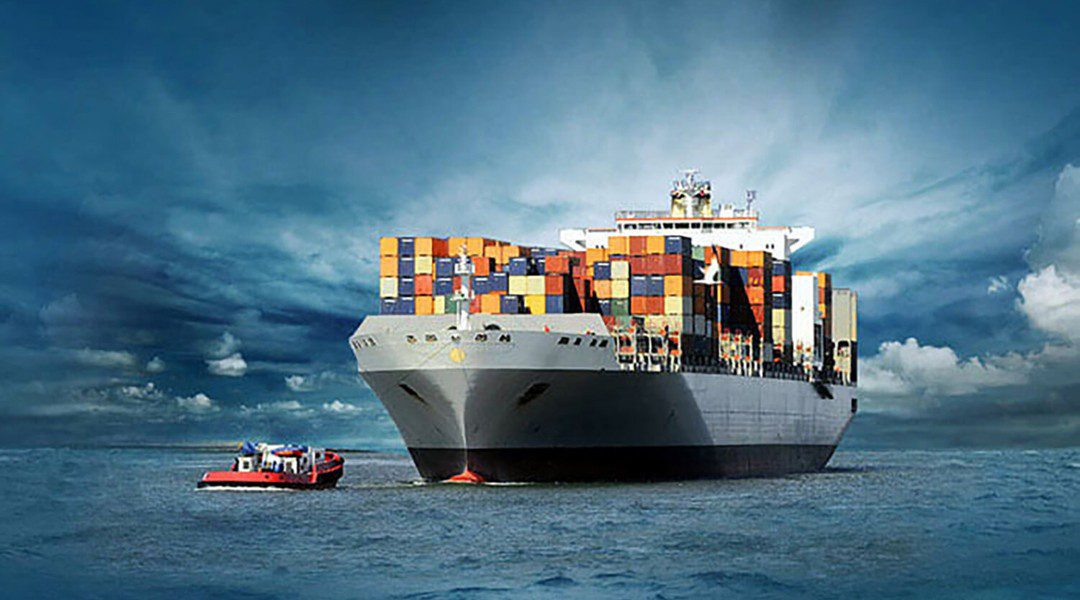The UK Supreme Court has granted permission to appeal in
the case of K Line Pte Ltd v Priminds Shipping (HK) Co Ltd [2020] EWHC 2373
(Comm) (The Eternal Bliss), reports North.
In November 2021 the Court of Appeal reversed the
decision of the High Court judge that a shipowner is entitled to recover
damages in addition to demurrage where a ship exceeds laytime.
The Court of Appeal decided that demurrage liquidated the
whole of the damages arising from a charterer’s breach of charter in failing to
complete cargo operations within the laytime.
The Eternal Bliss loaded soya bean cargo at
Tubarao, Brazil and discharged at Longkou, China. It was kept waiting at an
anchorage at Longkou for 31 days due to port congestion and lack of storage
space.
On discharge in China, the cargo was found to exhibit
moulding and caking throughout the stow in most of the cargo holds. The owners
put up security for $6m and later settled the cargo claim for $1.1m. They
sought to recover that exposure as damages from voyage charterers.
The parties agreed the High Court should answer the
following legal question: where a voyage-chartered vessel is detained at a
discharge port beyond the laytime, and the delay causes cargo to deteriorate,
is the owner entitled to damages in addition to demurrage? The judge’s
answer in the lower court was ‘yes’.
The decision (in October 2020) was always likely to head
for higher courts, because this ruling effectively contradicted the 1990
decision in the Bonde case, which many lawyers thought resolved the question
and which the Appeal Court noted had survived for 30 years without much questioning
of its substance. In that case the High Court decided that a shipowner needed
to show a separate breach before recovering damages resulting from delay where
the contract contains a demurrage clause. However, the judge in The Eternal
Bliss case thought The Bonde was wrongly decided and came to the opposite
conclusion.
North noted that recent cases like The Tai Prize have
decided a shipowner cannot usually rely on an implied indemnity under a voyage
charter to obtain damages for shipping inherently unstable cargo. In that case,
the shipowner’s alternative argument that the voyage charterer impliedly
warranted that the cargo was in apparent good order and condition also failed.
The 2021 Court of Appeal judgment is at:
in which one of the interesting comments (from an
insurance point of view is in para 56:
“Fourthly, as Lord Justice Newey pointed out in
argument, the cost of insurance is one of the normal running expenses which the
shipowner has to bear. A standard expense for a shipowner is the cost of
P&I cover which is intended to protect it against precisely the loss
suffered in this case, that is to say liability to cargo claims, whether
justified or not. Thus a shipowner will typically have insurance against cargo
claims, while a charterer will not typically have insurance against liability
for unliquidated damages resulting solely from a failure to complete cargo
operations within the laytime. Rather, the charterer has protected itself from
liability for failing to complete cargo operations within the laytime by
stipulating for liquidated damages in the form of demurrage. Accordingly the
consequence of the shipowner’s construction is to transfer the risk of
unliquidated liability for cargo claims from the shipowner who has insured
against it to the charterer who has not. That seems to us to disturb the
balance of risk inherent in the parties’ contract.”
Christopher Hancock QC and Alexander Wright (instructed
by Penningtons Manches Cooper LLP) for the Appellant
Simon Rainey QC and Tom Bird (instructed by Reed Smith
LLP) for the Respondent
Hearing date: 27th October 2021






